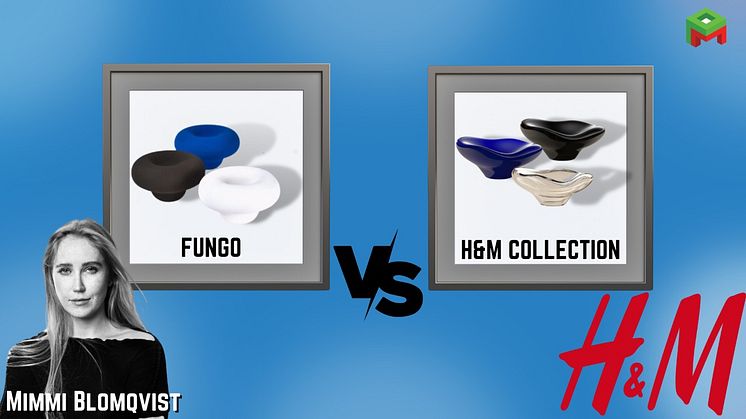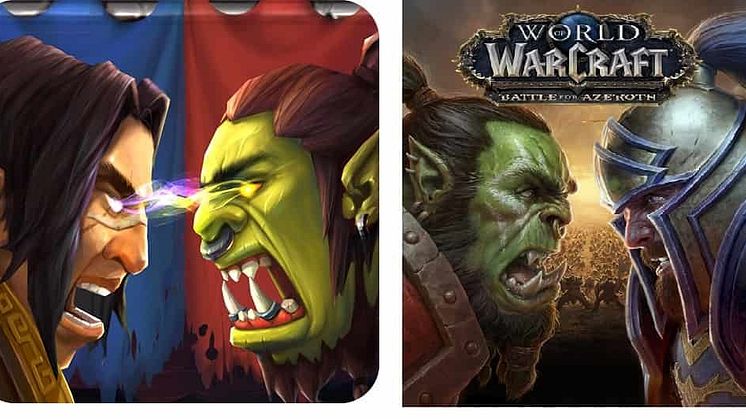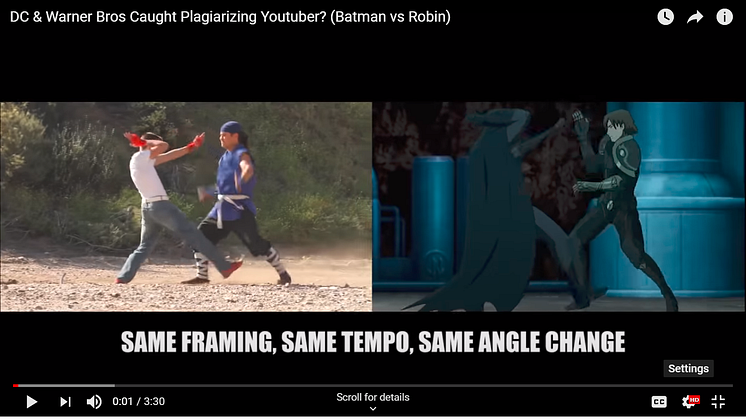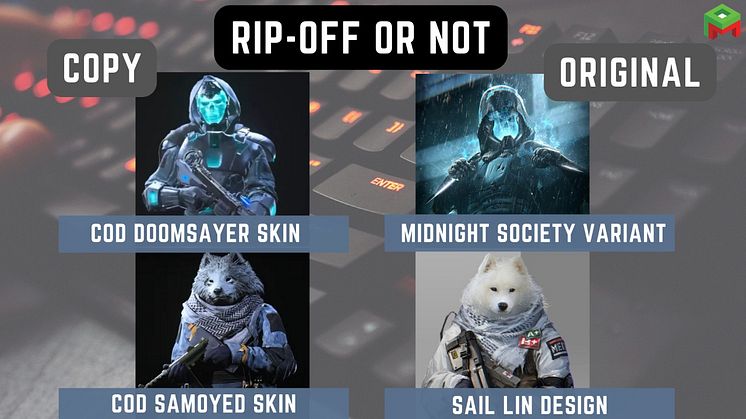
News -
Activision Blizzard accused twice by creators for plagiarizing their skin designs for Call of Duty
Gaming company Activision Blizzard stands accused once again of stealing the concept of an NFT design that gaming studio Midnight Society was planning to introduce in its own game Deadrop. Although Activision acknowledged its mistake in using the skin design in Call Of Duty without the artist’s permission, it did not accept the plagiarism allegations.
Last month, Midnight Society’s head and game developer Robert Bowling, who previously worked as a creative strategist at Call Of Duty studio Infinity Ward, shared his unique skin to be used in their game.
As soon as Activision launched its new skin design for Call of Duty, netizens quickly called out its resemblance to Bowling’s design.
The skin in question is a glowing, pale blue holographic skull beneath a loose-fitting grey hood.
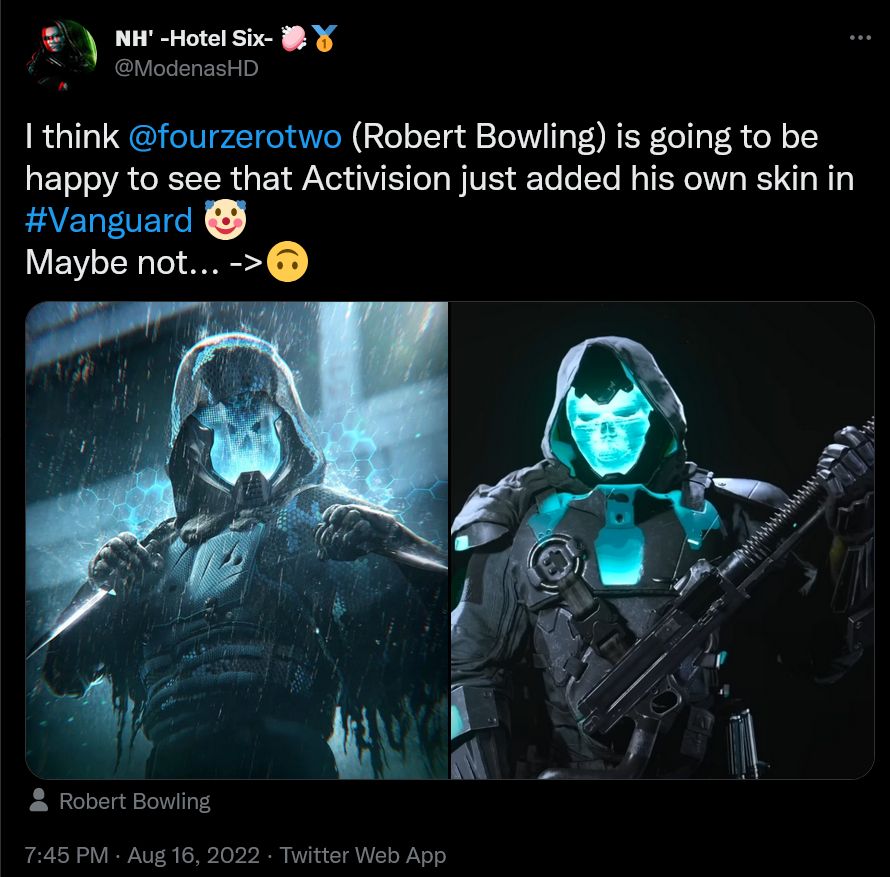
Bowling tweeted, "at least name it after myself," acknowledging the similarities.
Back in July, concept artist Sail Lin claimed on Twitter that Activision had stolen her "Samoye Medical" image from 2019 for the “Loyal Samoyed” skin in Call of Duty.
In addition to sharing the same fluffy white dog's head, Sail Lin's illustration also featured the same accessories, such as a neck scarf, parka, radio antenna, thigh-strapped luggage bag, elbow pads, and more.
"Even though I am also a COD player, I am very disappointed to see my work being plagiarized by a big company like Activision in this way," Lin tweeted.
“Activision has contacted me, and I hope to have a result as soon as possible. Thank you for your concern,” Lin wrote.
Sail Lin Twitter Account
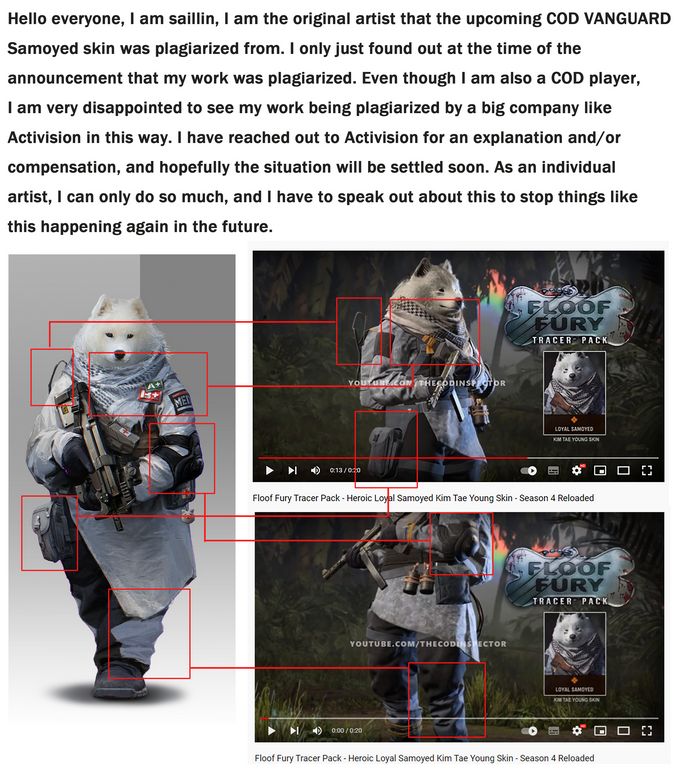
Since then, the Call of Duty publisher has apologized for the situation, but stopped short of admitting to plagiarism.
"We have the utmost respect for creativity and content creation," wrote Activision. "We love the Loyal Samoyed, but regrettably we erred in our process and have removed this imagery from the game. We apologize for the misstep."
Thereafter, Activision removed all references to the skin from their official website and deleted tweets.
Gaming companies are often in news for taking inspiration from creators and designers. PitchMark covered how Epic Games was being hit with a lawsuit by a Los Angeles-based choreographer Kyle Hanagami, alleging it ripped off his dance steps in its Fortnite game.
However, Epic Games rejected the allegations saying that Hanagami cherry-picked four steps, that take two seconds to perform, out of 16 steps in just one of 500 emotes in the video game, and moreover, that he only registered the dance steps after the alleged infringement.
PitchMark helps innovators deter idea theft, so that third-parties that they share their idea with get the idea but don’t take it. Visit PitchMark.net and register for free as a PitchMark member today.

